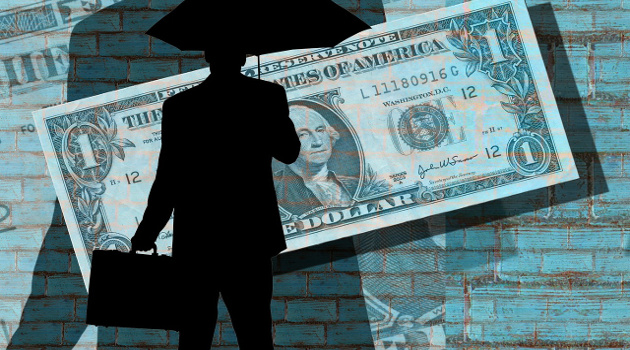In its ordinary usage, the word ‘haven’ carries a positive connotation. It means a place of refuge or safety. Yet when it comes to tax policy, it is most often used as a slur.
Such was the case in the Washington Post’s recent innuendo-laden attempted takedown of CF&P. The article lacked substantive revelations, though tried to paint ordinary fundraising efforts as somehow nefarious. It also included outrageous charges from former Senator Levin that our work is “like trading with the enemy.” As if to explain, he added, “I consider tax havens the enemy.”
Tax havens are most certainly not Americas’s enemy (heck, the U.S. is one), but in one sense he is right. They are the enemy of greedy politicians who think that they have a right to as much “revenue” as they can get their grubby little hands on. But for ordinary taxpayers, tax havens are indeed a place of “refuge” and “safety” from the onerous and excessive financial burdens imposed by politicians.
In response to the Washington Post story, CF&P President Andrew Quinlan explained some of the benefits provided by the tax competition that ensues because some jurisdictions are willing to offer better policies than their counterparts:
CF&P’s primary mission is and always has been the promotion of tax competition. When governments are forced to compete for citizens and investment, they produce better tax laws, regulate more efficiently, and spend more responsibly.
Within the United States we embrace tax competition as a check on excessive government. When politicians in one state impose onerous tax burdens in lieu of sound budget policy, politicians in other states see an opportunity to grow by providing a better fiscal climate. Businesses and individuals are fleeing California, as an example, for states like Nevada or Texas where the absence of state income taxes has produced a friendlier environment.
…Sadly, many politicians and bureaucrats see any victory for taxpayers as a loss for themselves. Through the OECD, they have acted upon that belief by attempting to browbeat low-tax jurisdictions into submission in hopes that they will adopt destructive tax policies like extraterritorial taxation and double taxation of savings and investment.
High-tax nations want the havens to stop being havens. That would be good for tax collectors, but it wouldn’t be good for taxpayers or the global economy. As Dan Mitchell has explained, tax havens serve a valuable function in the global economy:
[T]there is a very strong “economic purpose” and “economic justification” for tax havens and tax competition.
Simply stated, they curtail the greed of the political class.
…[W]e need tax havens and tax competition if we want reasonable fiscal systems.
But this isn’t simply an issue of wanting better tax policy in order to achieve more prosperity. In part because of demographic changes, tax havens and tax competition are necessary if we want to discourage politicians from creating “goldfish government” by taxing and spending nations into economic ruin.
He elaborates on this point further in our video making The Economic Case for Tax Havens:
The economic arguments are strong, but there’s also a Moral Case for Tax Havens:
And finally in the last video of the set, Mitchell sorts through the tax haven myths vs. the facts:
———
Image credit: geralt | Pixabay License.

